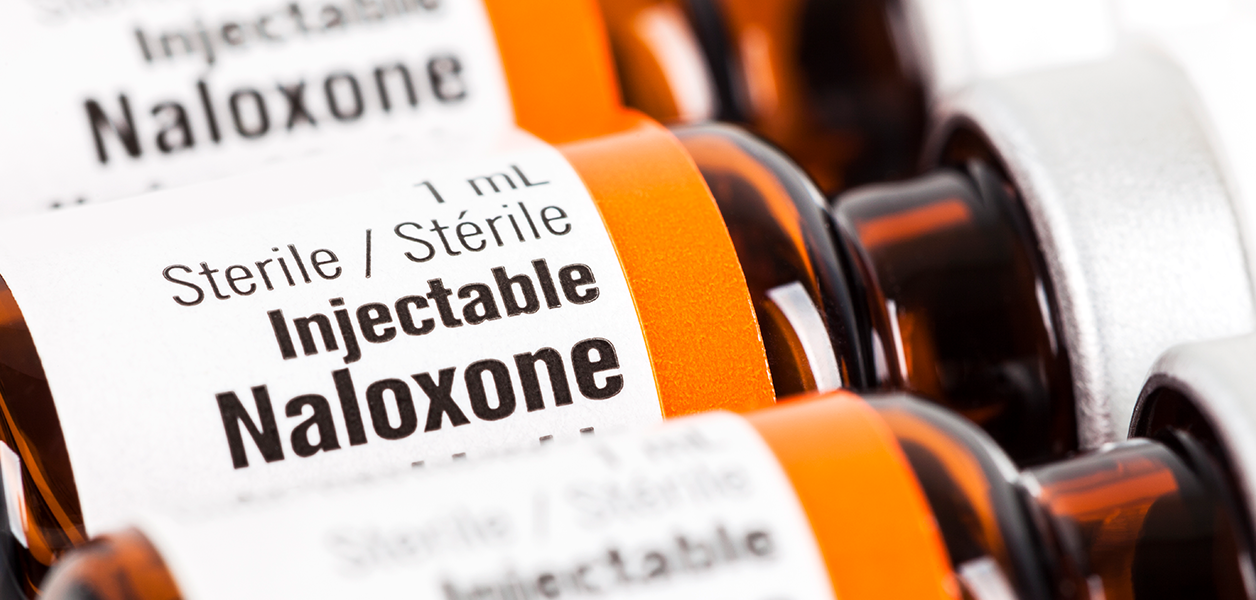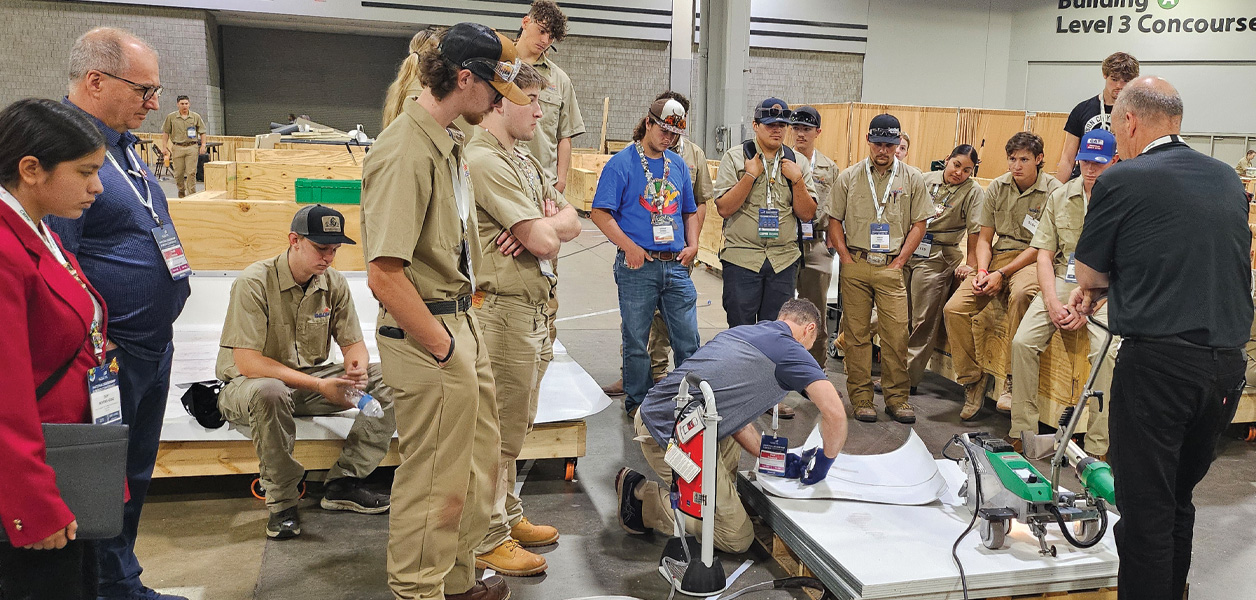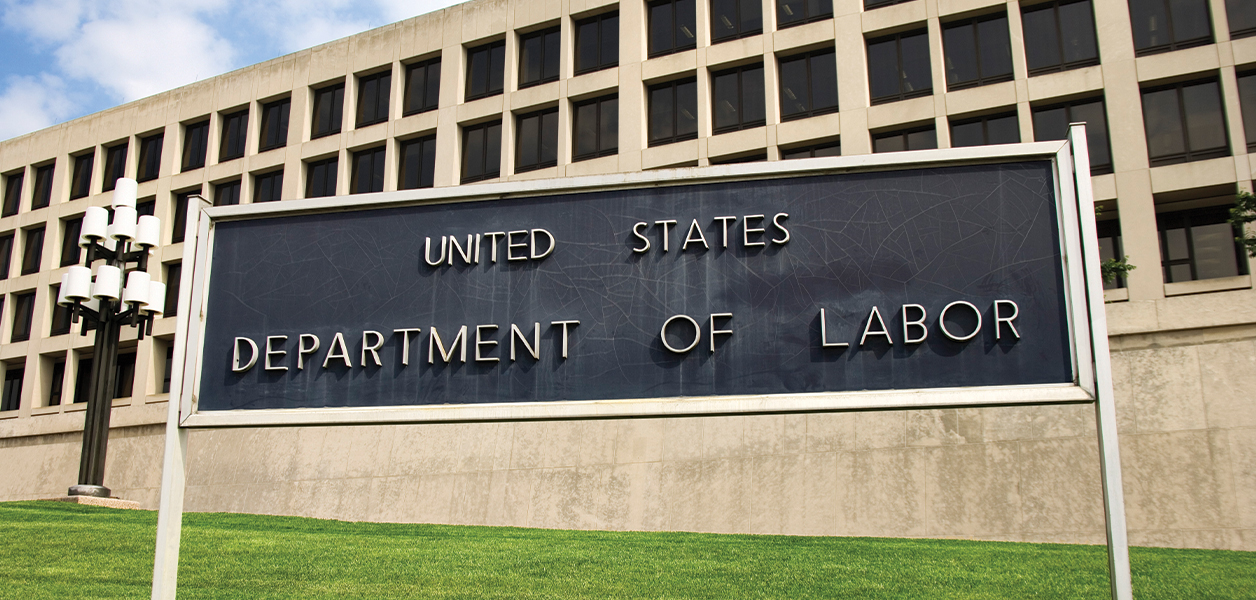The National Safety Council reports on-the-job drug overdoses have increased 619% since 2011, according to Safety+Health magazine.
The NSC says including naloxone—an opioid overdose reversal medication—in your company’s first-aid kit and training workers regarding how to use it during an opioid overdose emergency “makes all the difference to an overdose victim’s survival.”
Signs and symptoms of an opioid overdose can include unresponsiveness; slow, shallow or difficulty breathing; pinpoint pupils that do not react to light; seizures; cold or clammy skin; blue/gray lips and skin; and blue nail beds. The NSC says the first three of these symptoms typically are the most common.
Naloxone temporarily reverses the effects of an opioid overdose by blocking opioid receptors in the body. This returns normal breathing to someone whose breathing has slowed or stopped because of the overdose. The medication pauses an overdose for 30-90 minutes but does not remove opioids from the body.
NSC Senior Safety Consultant Mike Ezzell says you should call 911 immediately if you suspect someone has overdosed. Then, you should send someone to get the first-aid kit, which hopefully includes naloxone. All employees should know where the naloxone is stored, and all employees should be trained to administer naloxone. Training generally is included in first-aid training, but you can find more information by visiting NRCA’s Mental Health webpage and The Alliance for Naloxone Safety in the Workplace.
It is important to refill naloxone after doses are administered; if the casing is damaged; or if the drug is expired or near its expiration date. The Food and Drug Administration has approved two naloxone nasal sprays for over-the-counter use: Narcan and RiVive.
The Washington State Department of Health says anyone who takes an opioid can experience an overdose, but it is more likely to happen to people with a heart or lung condition or people who take opioids with other drugs or alcohol; people who take opioids that are not prescribed to them or take more than the amount prescribed; or people who stop taking opioids for a while before starting to take them again.
NRCA’s Mental Health webpage offers resources regarding naloxone use in the workplace.
The NSC also offers additional information about naloxone and how to train your workers. Learn more.





